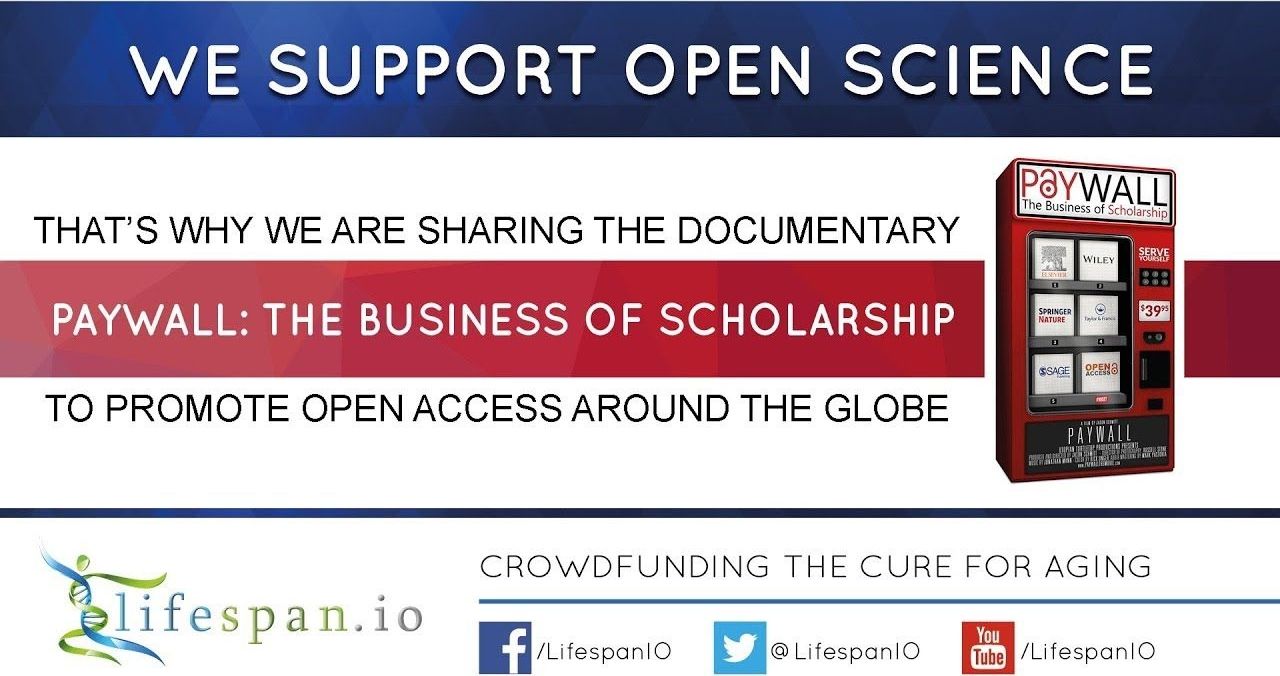Sep 12, 2018
One of the Most Famous Degenerative Diseases Affects the Brain in Previously Unknown Ways
Posted by Genevieve Klien in categories: biotech/medical, health, neuroscience
An incurable affliction that gradually destroys a person’s ability to walk, speak, and eventually breathe can also deteriorate the mind, new research suggests. People with amyotrophic lateral sclerosis (ALS) are more likely to have other mental and behavioral health problems than people without the condition, the study found.
ALS, also called Lou Gehrig’s disease, is a progressive neurologic condition that affects some 20,000 Americans at any one time. In ALS, a person’s motor neurons throughout their body and brain steadily die off. These neurons are responsible for helping us carry out voluntary movement.


















